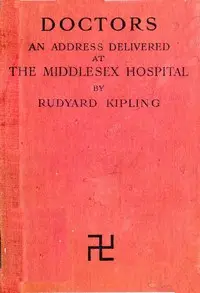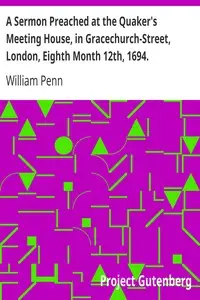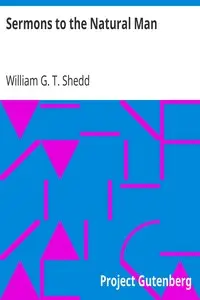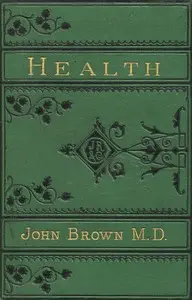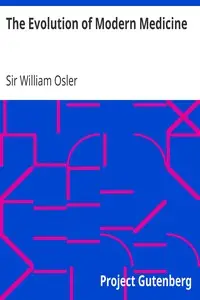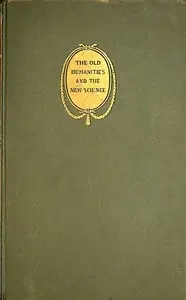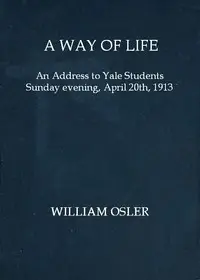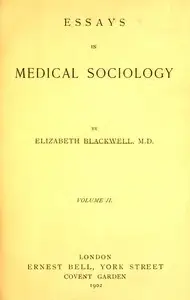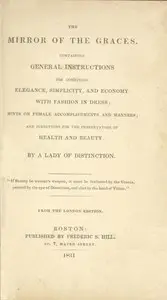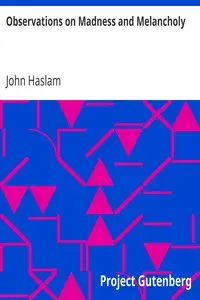"Man's Redemption of Man: A Lay Sermon" by Sir William Osler is a speech from the early 1900s that explores how people can help each other through science and medicine. It's like a thoughtful talk about how far we've come in understanding and treating diseases. Osler reflects on how people have always suffered, but points out the amazing progress we've made with things like painkillers, ways to fight infection, and vaccines. These breakthroughs have changed medicine and given us hope for a healthier life. The main idea is that by continuing to learn and care for each other, we can make the world a better place by fighting diseases and improving everyone's well-being.
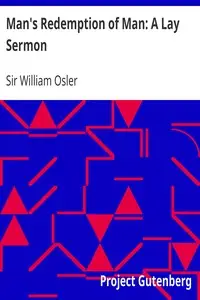
Man's Redemption of Man: A Lay Sermon
By William Osler
Discover how compassion and scientific breakthroughs have transformed human suffering, offering hope for a healthier future.
Summary
About the AuthorSir William Osler, 1st Baronet, was a Canadian physician and one of the "Big Four" founding professors of Johns Hopkins Hospital. Osler created the first residency program for specialty training of physicians. He has frequently been described as the Father of Modern Medicine and one of the "greatest diagnosticians ever to wield a stethoscope". In addition to being a physician he was a bibliophile, historian, author, and renowned practical joker. He was passionate about medical libraries and medical history, having founded the History of Medicine Society, at the Royal Society of Medicine, London. He was also instrumental in founding the Medical Library Association of Great Britain and Ireland, and the Association of Medical Librarians along with three other people, including Margaret Charlton, the medical librarian of his alma mater, McGill University. He left his own large history of medicine library to McGill, where it became the Osler Library.
Sir William Osler, 1st Baronet, was a Canadian physician and one of the "Big Four" founding professors of Johns Hopkins Hospital. Osler created the first residency program for specialty training of physicians. He has frequently been described as the Father of Modern Medicine and one of the "greatest diagnosticians ever to wield a stethoscope". In addition to being a physician he was a bibliophile, historian, author, and renowned practical joker. He was passionate about medical libraries and medical history, having founded the History of Medicine Society, at the Royal Society of Medicine, London. He was also instrumental in founding the Medical Library Association of Great Britain and Ireland, and the Association of Medical Librarians along with three other people, including Margaret Charlton, the medical librarian of his alma mater, McGill University. He left his own large history of medicine library to McGill, where it became the Osler Library.


